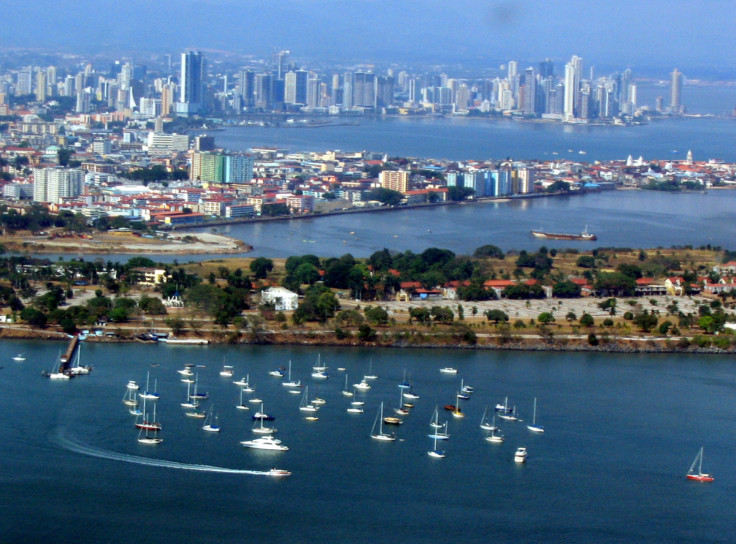Latin America Is The Second Region In The World With The Highest Percentage Of Tax Evaders

Tax Justice Network (TJN), a nonprofit that monitors financial security globally, released on Thursday its ranking of countries according to the secrecy and the scale of their tax activity. The Financial Secrecy Index, as it is known, is politically neutral and intended as a tool to measure tax havens and illicit financial flows.
This year’s index placed Switzerland, Luxembourg and Hong Kong in the top three, but with an interesting twist: if all British overseas territories included on the list, like the Cayman Islands (No. 4) or Bermuda (No. 14), were factored in together, the U.K. would be at the top. Within Latin America, Panama (No. 11), Brazil (No. 29) and Uruguay (No. 30) led the field.
The index takes into account both the transparency and the weight of individual actions into the global flux of funds. TJN states that the index could be useful for the G-20 agenda and expand the vision of public opinion over the role played by key countries, like the U.K., Switzerland or Luxembourg, in the illicit flux of funds. The fact that these nations have made it to the top of the index highlights the breach that exists between the G-20’s rhetoric and reality.
The report also points out that developing countries are the most vulnerable to tax evasion, since fiscal fraud harms the whole country. Brazil, for example, accumulated more than $500 billion of nondeclared assets between 1970 and 2010. In the same period, Mexico accumulated $417 billion, Venezuela $405 billion, and Argentina, $399 billion.
According to TJN, in the region’s ranking only East Asia (including China, South Korea and Russia), with $2,900 billion, surpassed Latin America, which jointly accumulated $2,000 billion of nondeclared assets. These include property, real estate, boats, racing horses, gold and other goods.
The reasons behind the secrecy can be found in speculation or avoiding tax laws considered unsustainable, as well as corruption and simple malpractice by the country’s tax officials.
“Mexico and Venezuela have a lot of nondeclared assets, just like most oil exporters. Oil is a business with high levels of corruption,” said Jorge Gaggero, a TJN expert in Buenos Aires.
“In Mexico, the tight relationship with the U.S. inspires evasion. Brazil, on the other hand, has structural problems, like inflation, that inspires investors to keep assets overseas,” he added.
© Copyright IBTimes 2024. All rights reserved.




















